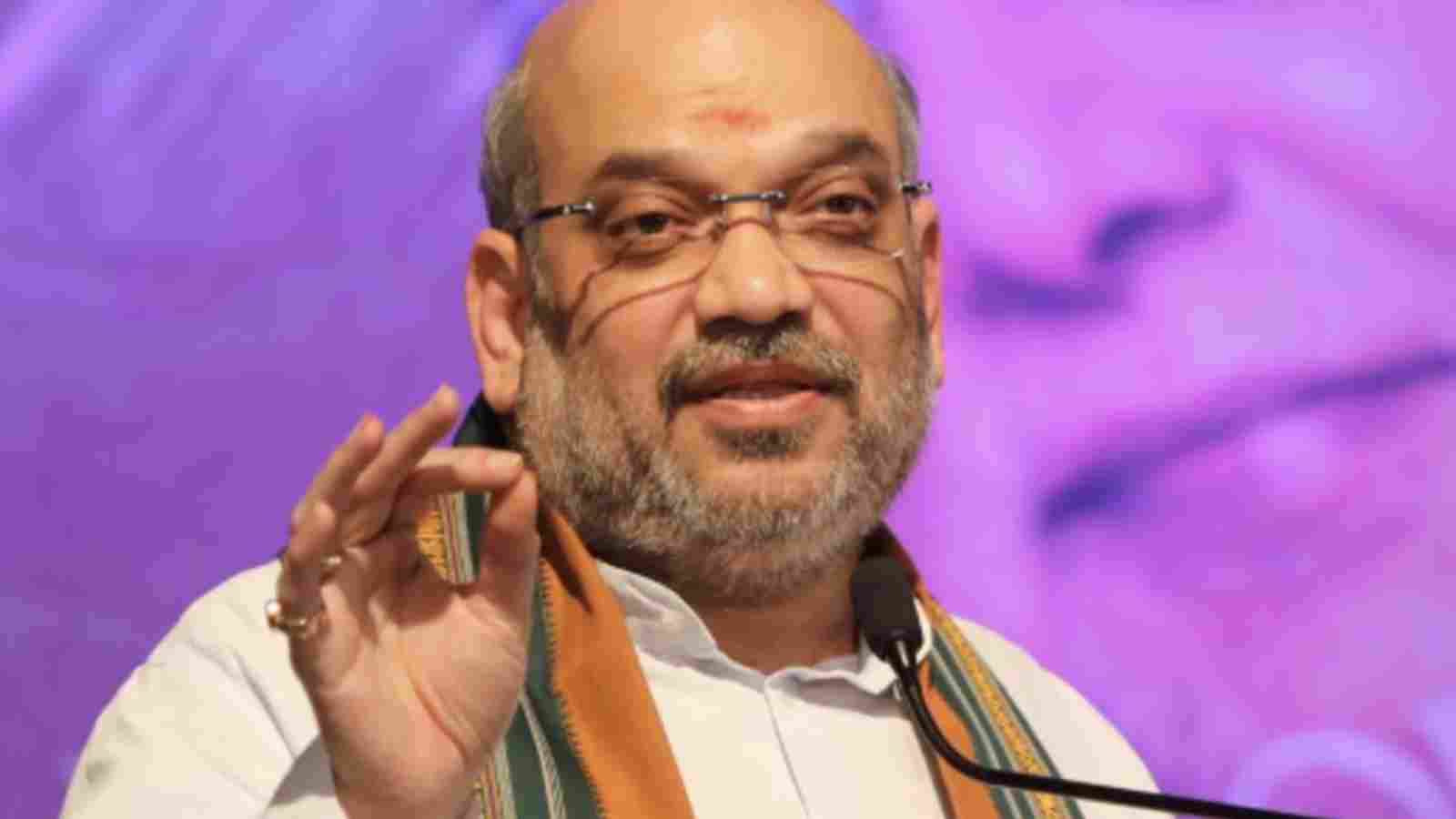Bharatiya Nyaya Sanhita Bill 2023: On Friday, the final day of the Monsoon session, Union Home Minister Amit Shah tabled three measures in the Lok Sabha to replace the Code of Criminal Procedure (CrPC), the Indian Penal Code (IPC), and the Indian Evidence Act. To bring in the “spirit to protect the rights of the Indian citizens,” the Home Minister suggested repealing the criminal legislation from the colonial era.
In its place, the Bharatiya Nyaya Sanhita will supersede the IPC 1860. The CrPC 1973 will be replaced by the Bharatiya Nagarik Suraksha bill in 2023. The Indian Evidence Act, 1872 will be replaced by the Bharatiya Sakshya Bill, 2023, as the legislation governing the rules and processes for evidence.
Necessary Amendments
Ajay Kumar Mishra, the Minister of State for Home, had informed the Lok Sabha in March of this year that the government has begun the process of changing the IPC, CrPC, and the Evidence Act.
The Home Ministry established a Committee for Reforms in Criminal Laws in 2020.The committee was then presided over by Professor Dr. Ranbir Singh, vice chancellor of the National Law University of Delhi. The other members were Professor Dr. Balraj Chauhan, VC of NLU Delhi, Senior Advocate Mahesh Jethmalani, Professor Dr. GS Bajpai, then-Registrar of NLU Delhi, Former District and Sessions Judge GP Thareja, and Professor Dr. GS Bajpai.
Important clauses of the Bharatiya Nyaya Sanhita Bill 2023
The 356 modifications to the Bharatiya Nyaya Sanhita will be included. Crimes against the state, crimes against women and children, and murder shall take precedence. The programme now includes offences related to organised crime and terrorism for the first time.
Sedition, which is punishable under Section 124A of the IPC, will no longer be a crime under the proposed legislation. According to Bar and Bench, the Supreme Court ordered the federal government and state governments to stop filing sedition-related charges in May of this year.
In the new bill, Section 150—which addresses “acts endangering sovereignty, unity, and integrity of India”—replaces the sedition clause. Such behaviour will result in a 7-year prison sentence, a life sentence, and a fine.
The reforms being proposed also call for the death sentence to be used in some circumstances to punish mob lynchings. Other potential penalties include the death sentence for raping a child and life in prison without parole for gang rape. Additionally, the provisions include a one-year prison sentence for buying votes at the polls.
Additionally, the Bharatiya Nyaya Sanhita asks for community work as a penalty for minor transgressions, which will be included for the first time in the penal code.
The addition of community service brings it closer to the US, where acts like vandalism, petit theft, and drunk driving are punished.
Section 150 is unclear and sedition will be repealed
The new legislation, according to Amit Shah, “aim to give justice not punishment.” The regulations relating to criminal offences and punishments have been simplified by the proposed legislation.
The new bill does not specify whether criticising the government without inciting or seeking to incite the activities listed in Section 150 will be considered an infraction under the regulations, despite the elimination of the sedition clause.
Additionally, unless the phrase “acts endangering sovereignty, unity, and integrity of India” is defined in legalese, it can wind up being used as justification to sue anybody who disagree with any governmental policies.




